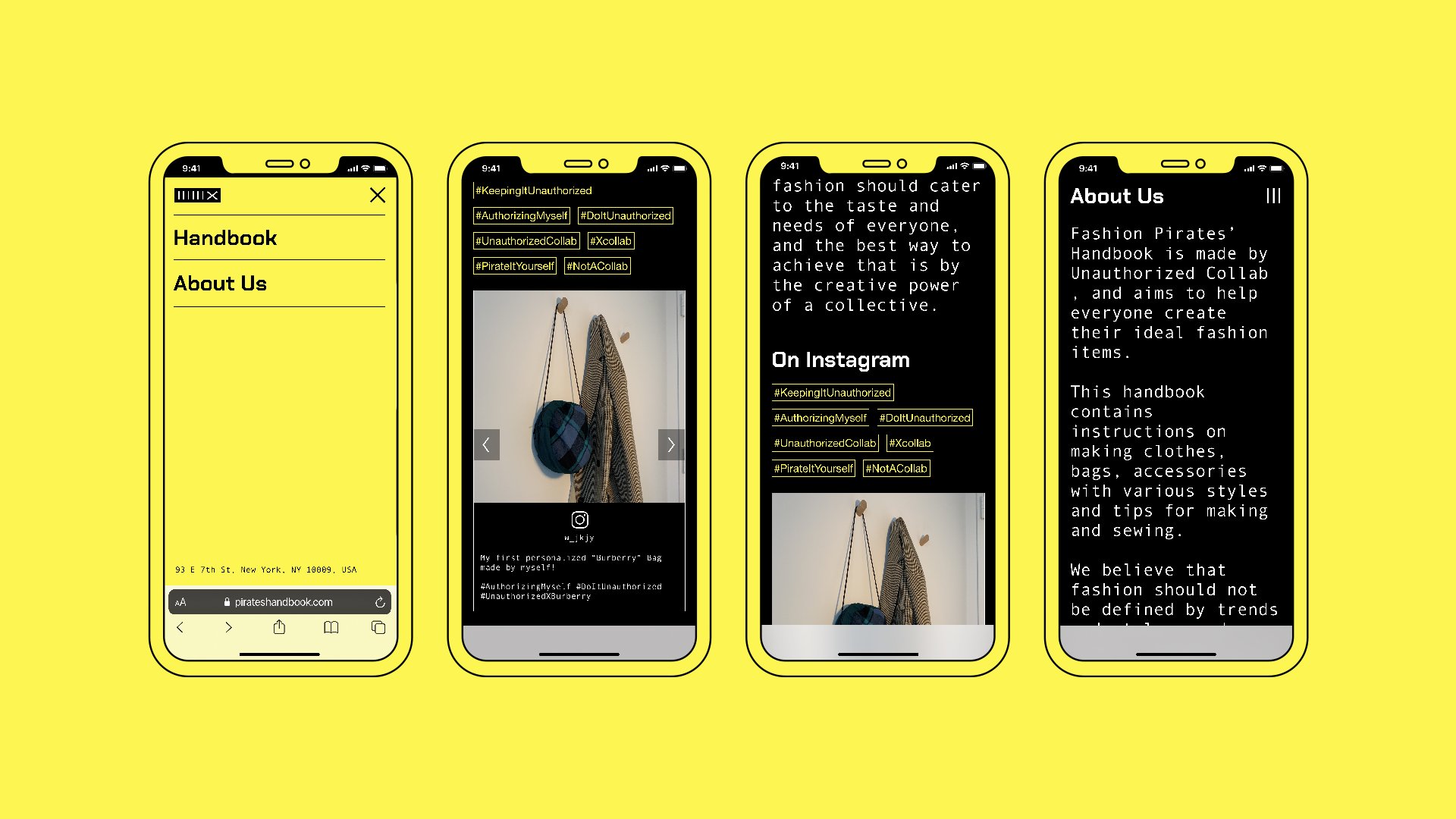Do As a Pirate Does: An Unauthorized Hacking Guide to a Creative Future
Designers hate piracy. We have been told that pirates are the natural enemy of designers and the corruption of this industry. Nevertheless, Zekun Yang still chose piracy as her topic because she believes that we must challenge our assumptions to create change. In her thesis, Zekun acts as a pirate herself to "hack" into the design industry and address the problem of imbalance between designers and users, bringing a more inclusive future. This thesis can be summarized with a simple axiom: Do as a pirate does—it serves as an Unauthorized Hacking Guide to a Creative Future. In what follows, Zekun has designed products to encourage people to act like pirates, critique designs, and invite more people to build, make and design. She has also pirated the way pirates behave and applied it to make a formerly exclusive industry more inclusive.
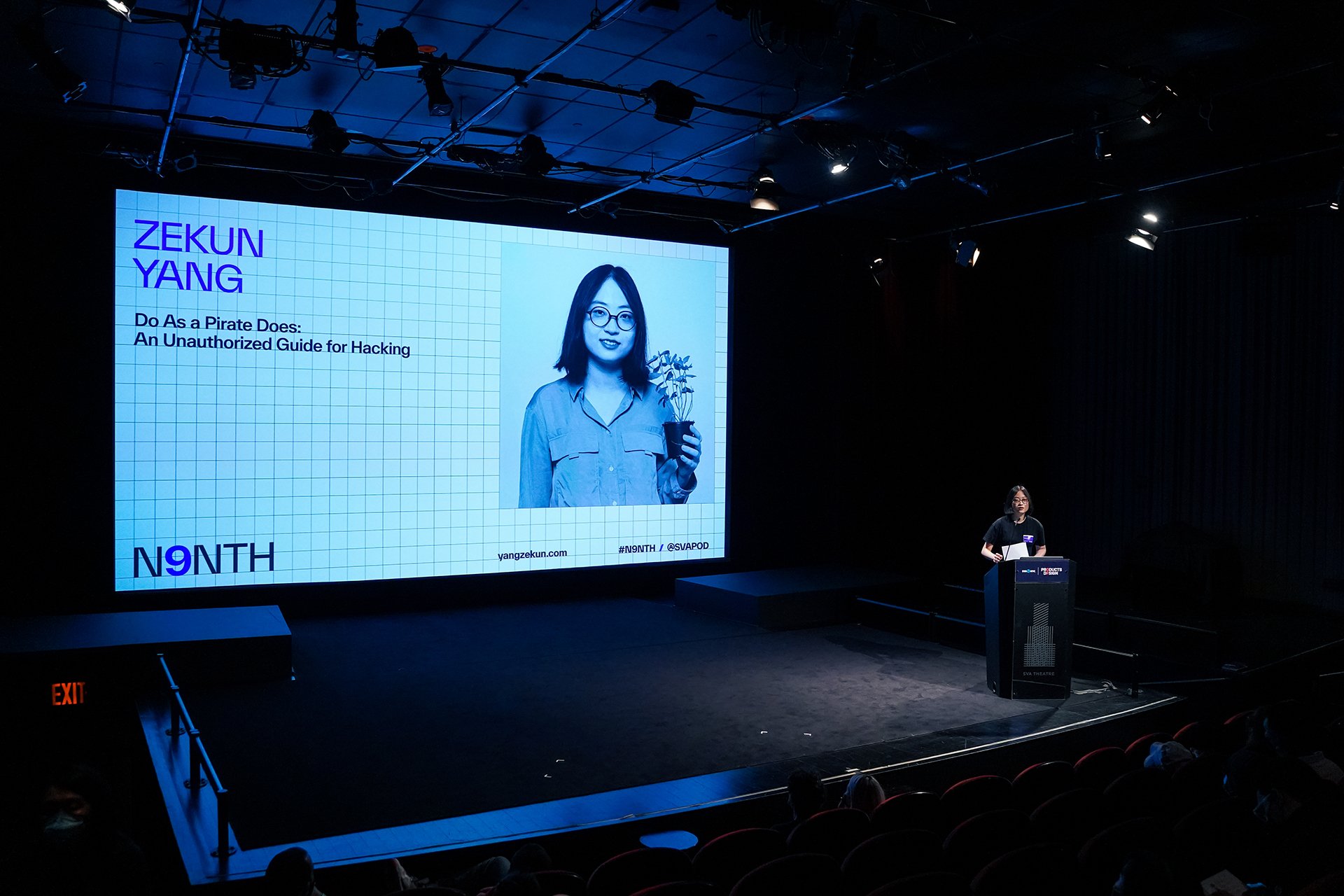
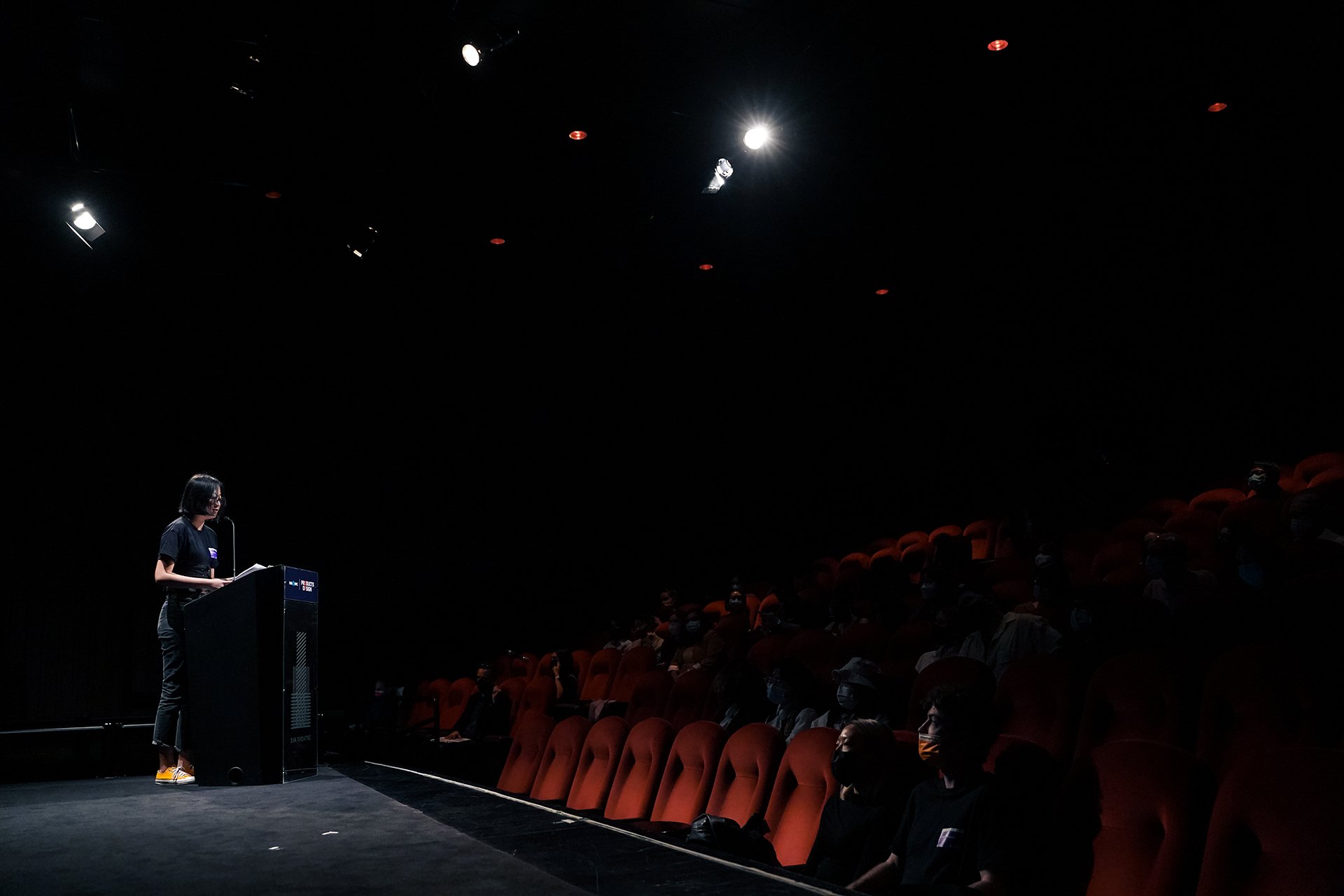
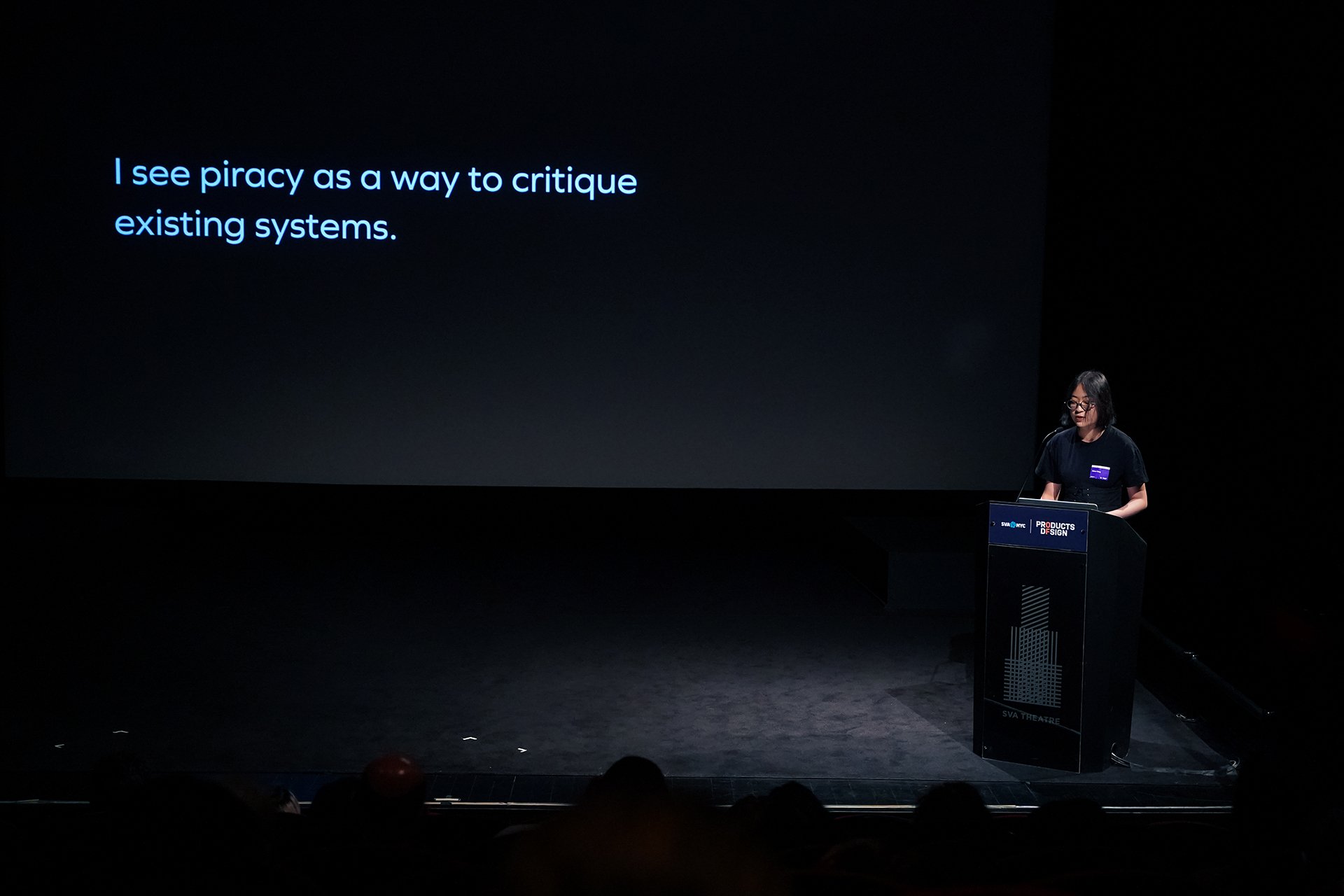
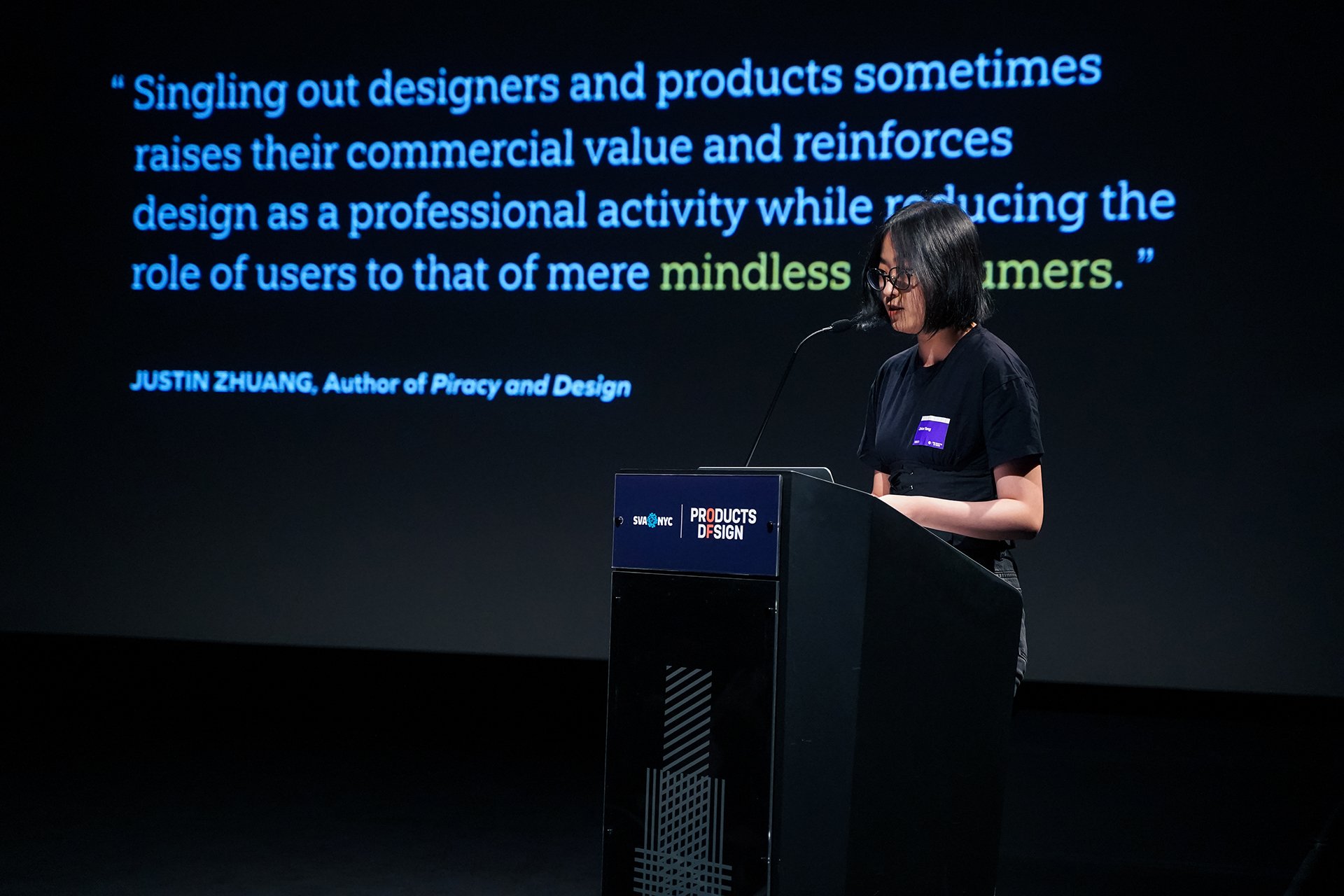
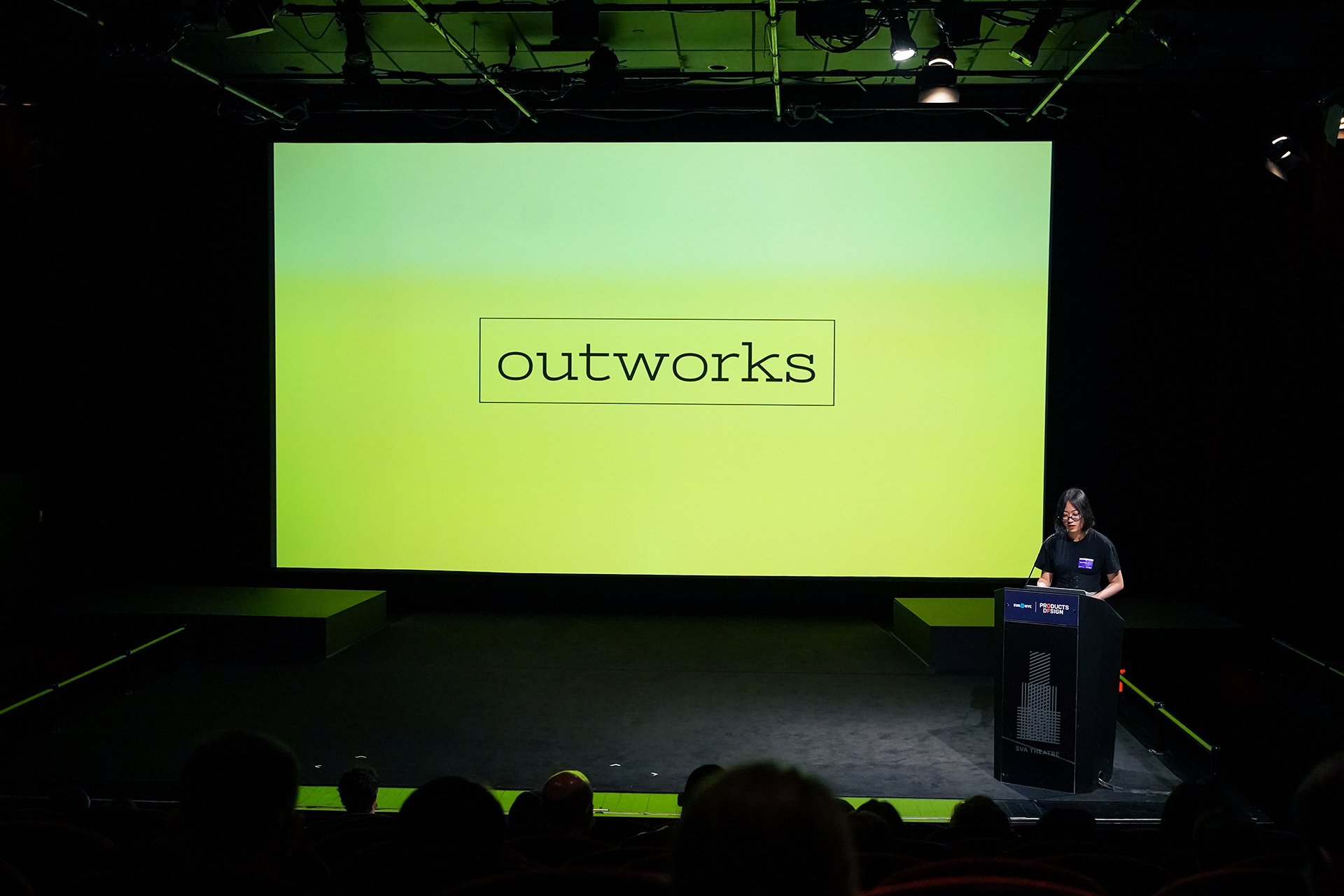
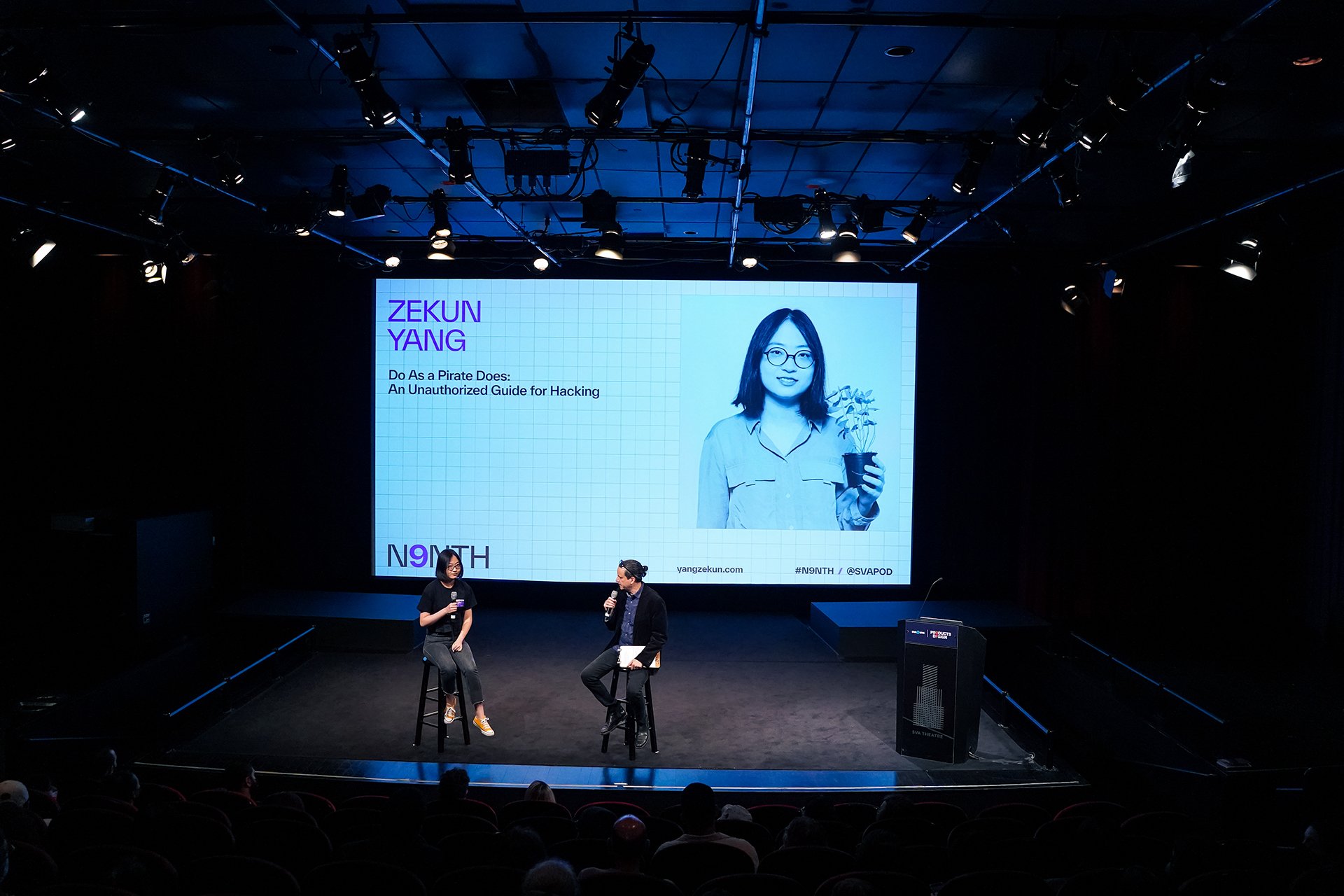
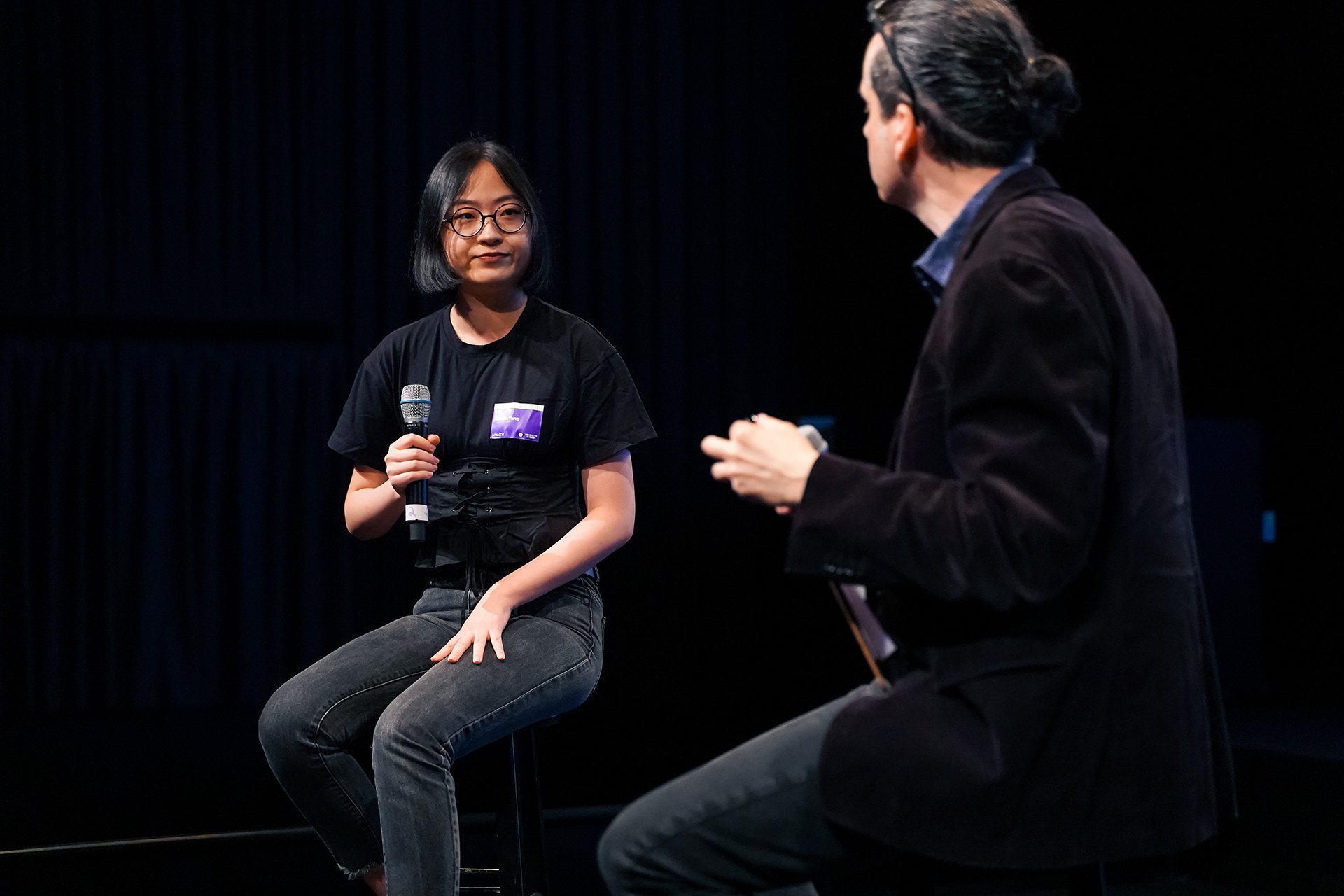
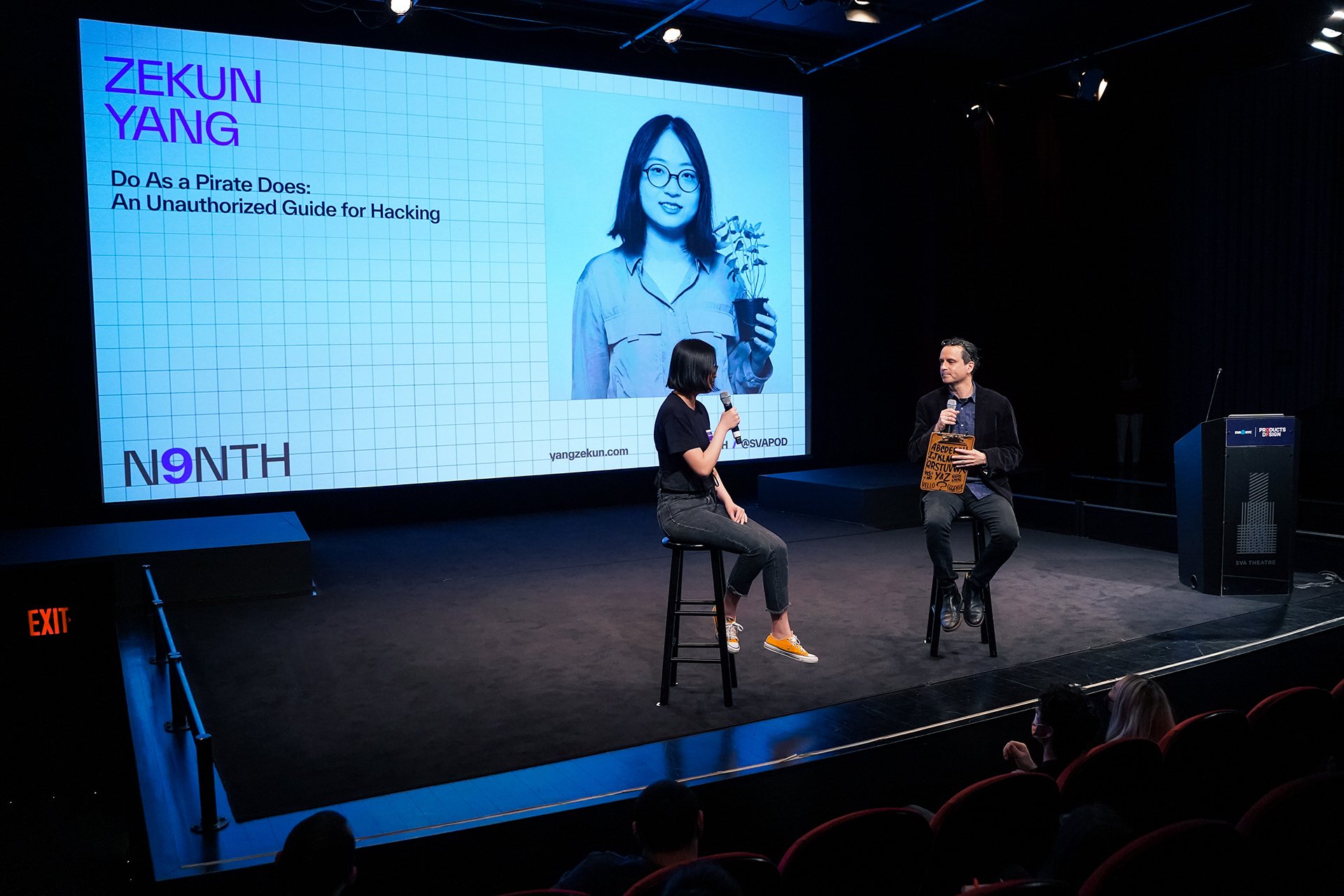
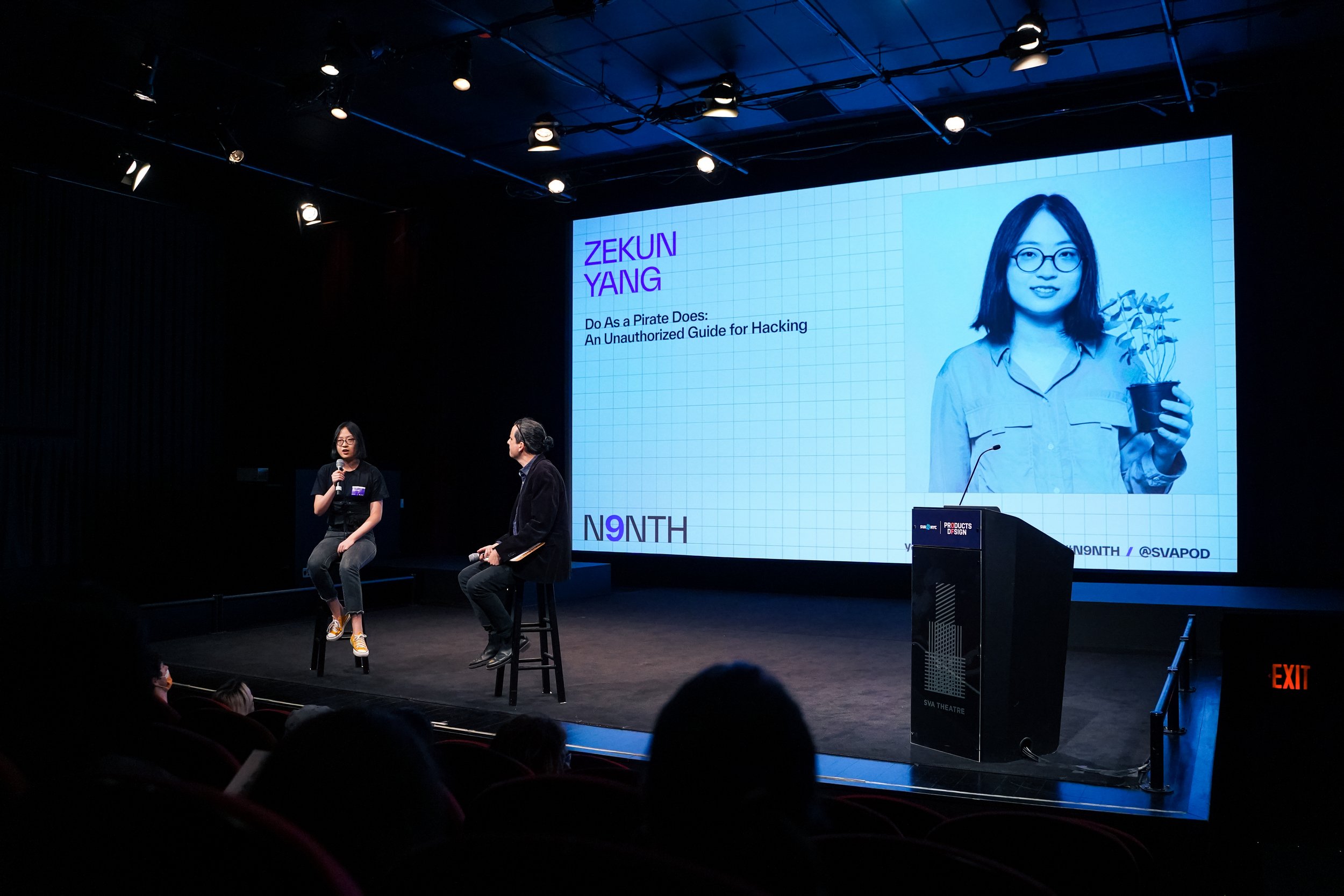



Masterly Tool Collection
Chairs play an essential role in design history; you can easily find a chair that represents each critical stage in industrial design history, no matter if it's the Arts and Crafts movement or the age of Bauhaus. Designers today still love designing chairs. "We design better chairs, more ergonomic chairs, but mostly prettier chairs, as the function of the chair has pretty much reached perfection," Zekun says. If you walk into MoMA, you will find that, besides artworks, MoMA also collects 350 famous chairs, including the Wassily chair by Marcel Breuer, and the Panton chair by Verner Panton. Those chairs were designed to make people's life more comfortable or to drive the development of manufacturing technology, but people frequently forget about that. Now they are shown in exhibitions for people to admire and sold at stores like Design Within Reach for thousands of dollars when they were meant for everyone.
Zekun deconstructed this Wassily chair, one of the most famous chairs from an industrial designer's point of view, and reconstructed it into a screwdriver. She also pirated the Panton chair into a spoon. The tool collection looks like it should be sold at Design Within Reach, and it should be an exclusive product for a select group of people. It is meant to be looked at but not for use. By deconstructing designer's chairs and reconstructing them into utility tools, Zekun was demonstrating that most of the time, people emphasize the value of design and the importance of designers over an object's practical value, which can only lead to useless and absurd objects.
Outworks
Outworks is an underground flash market for creators to sell their works on the street. Learning from how vendors on New York City's Canal Street sell bootlegs, Outworks creates an exciting but safe experience for customers to purchase the creation they desire while offering an inclusive place for creators to showcase and sell their products.
Unauthorized Collab
Unauthorized Collab believes that fashion products should not be created only for a small number of people. Unauthorized Collab reveals piracy as a way to critique existing fashion brands and products. It "collabs" with various brands to tailor DIY kits, including patterns, materials, and instructions to guide customers in making any fashion item they desire.
Made by us
Made by us is a workshop aiming to start a conversation around where the value of a product comes from. It centers around the belief that everything has value, even if it is something usually seen as worthless, like a plastic bag. By inviting people to redesign a plastic bag, the workshop questions why we value designers more than the products themselves. It acknowledges that everyone is equally important and creative and that being creative is not a privilege reserved only for designers.
To learn more about Zekun Yang’s work, take a look at her projects in more detail at www.yangzekun.com.



